Advice For Schools, News
DfE Issues the New Keeping Children Safe in Education 2021 Guidance
As we have become accustomed to each year, summer sees the arrival of the updated Keeping Children Safe in Education 2021 guidance.
Each year the breadth of the document and what we in schools need to address widens and deepens.
New responsibilities are placed on schools and DSLs, new issues identified, and those concepts that first appeared 12 months earlier now become cemented into the document and fabric of our understanding of safeguarding.
In this blog, I share some of the changes included in the Keeping Children Safe in Education 2021 guidance before they come into force on 1st September 2021, and some implications for our curriculum planning.
What’s included in the Keeping Children Safe in Education 2021 guidance?
In the Keeping Children Safe in Education 2021 guidance, we have seen significant changes relating to:
- Part 1 and Annex A for staff with lower levels of pupil contact
- Procedures for recording and responding to low-level concerns
- Peer on peer abuse
- Online safety
- Management of safeguarding, including allegations against the position of trust
- The addition of child abduction
- The role of DSL (Annex C)
A significant number of additions are a direct response to the Ofsted Sexual Harassment report and the Everyone’s Invited campaign.
The Ofsted report put forward a range of recommendations around culture, ethos, processes and curriculum designed to create a whole-school approach to tackling sexual harassment. It also clearly stated the need to change the approach to, and value of, PSHE and R(S)HE in our schools.
For someone who has spent 30 years teaching and training in PSHE, the Ofsted report makes for uncomfortable reading – like a flashback to a time I hoped we had left behind.
Some of the most notable points include:
- Clear negativity towards PSHE from pupils and reporting that the subject didn’t meet their needs.
- Teachers feeling uncomfortable delivering lessons in this subject.
- Using out of date content and terminology.
- Schools not placing value or significance and resources into the PSHE curriculum.
Sadly, many of these points about PSHE were raised 20 years ago. Yet, reading the Ofsted report makes it feel like little has changed in some schools.
There will be some brilliant PSHE and R(S)HE practices in our schools. However, the Ofsted Sexual Harassment report still clearly restates the need for a carefully sequenced RSHE curriculum, based on the Department for Education’s (DfE’s) statutory guidance. These stipulations specifically include sexual harassment and sexual violence, including online.
And an effective curriculum needs an excellent delivery mechanism, underpinned by specific training for teachers delivering RSHE to ensure they are competent and confident.
High-quality PSHE and R(S)HE provides a safe and neutral space for children to explore and question attitudes and ideas away from judgment. It also enables pupils to discuss sensitive or contentious topics in a balanced forum, hear opposing arguments, begin to formulate their own views and challenge their values.
Young people need to build their own model of where they fit in the world. While schools are not completely responsible for this, they have a significant part to play in facilitating those thought processes in a safe and secure place.
How do we move towards better PSHE?
Whether you are looking to tweak or overhaul your PSHE curriculum, there are some key principles to bear in mind:
- Create and preserve allocated time on the timetable. These lessons are important and should have parity with other curriculum areas.
- Have a curriculum that focuses on knowledge, attitudes and skills, including understanding bias in the media, questioning and not accepting, negotiating and getting your voice heard.
- Train staff in the pedagogical techniques and activities for effective PSHE.
- Create opportunities for more staff to work with smaller groups to enable discussion more effectively.
- Update teaching resources and language. All teaching materials must have credibility with their audience.
- Use high-quality outside speakers as part of your timetabled regular provision, not instead of it.
- Use pupil voice to understand their life experiences and respond accordingly.
Children and young people are surrounded by a wide range of topics that can populate a PSHE curriculum. To help create an age-appropriate foundation, it’s essential to educate them on the importance of building relationships, safety, naming and understanding feelings. This leads to a secondary curriculum including the impact of pornography, racism on social media, trans rights, the wealth divide, consent, exploitation and climate change.
Sexual harassment amongst young people is a complex and multifaceted problem. No one solution will solve it, nor reduce the impact and risk.
However, an investment and commitment to high-quality PSHE and R(S)HE is a clear indicator of a school’s intent to safeguard children in education and make a difference in their lives.
For further guidance and support surrounding this topic, head to our vital PSHE and R(S)HE resources and courses page. We’ve even included some free roadmaps and webinars.
About the Author
Andrew Cooper – Head of School Support, Services For Education

Andrew is the Head of the School Support Service. He has extensive experience in PSHE, from his early career as a secondary school teacher and working as a Health Promotion Specialist in HIV and Substance Use, to his role as a local authority Health Education Service adviser, where he led on many areas including safeguarding, relationships and sex education. Andrew was also the Healthy School Co-ordinator for Birmingham for 10 years and Regional PSHE Adviser for the West Midlands.
Outside of the world of children and young people’s physical and emotional health, Andrew spent four years managing an initial teacher training provision. He became Head of the School Support Service for SFE in 2014 and now leads a team of advisers delivering support, consultancy and training to schools across the UK. During this time, he has led the development of the SFE digital offering, provision of pupil and family services, and the growth of face-to-face training programmes. He is currently a Trustee for the PSHE Association.

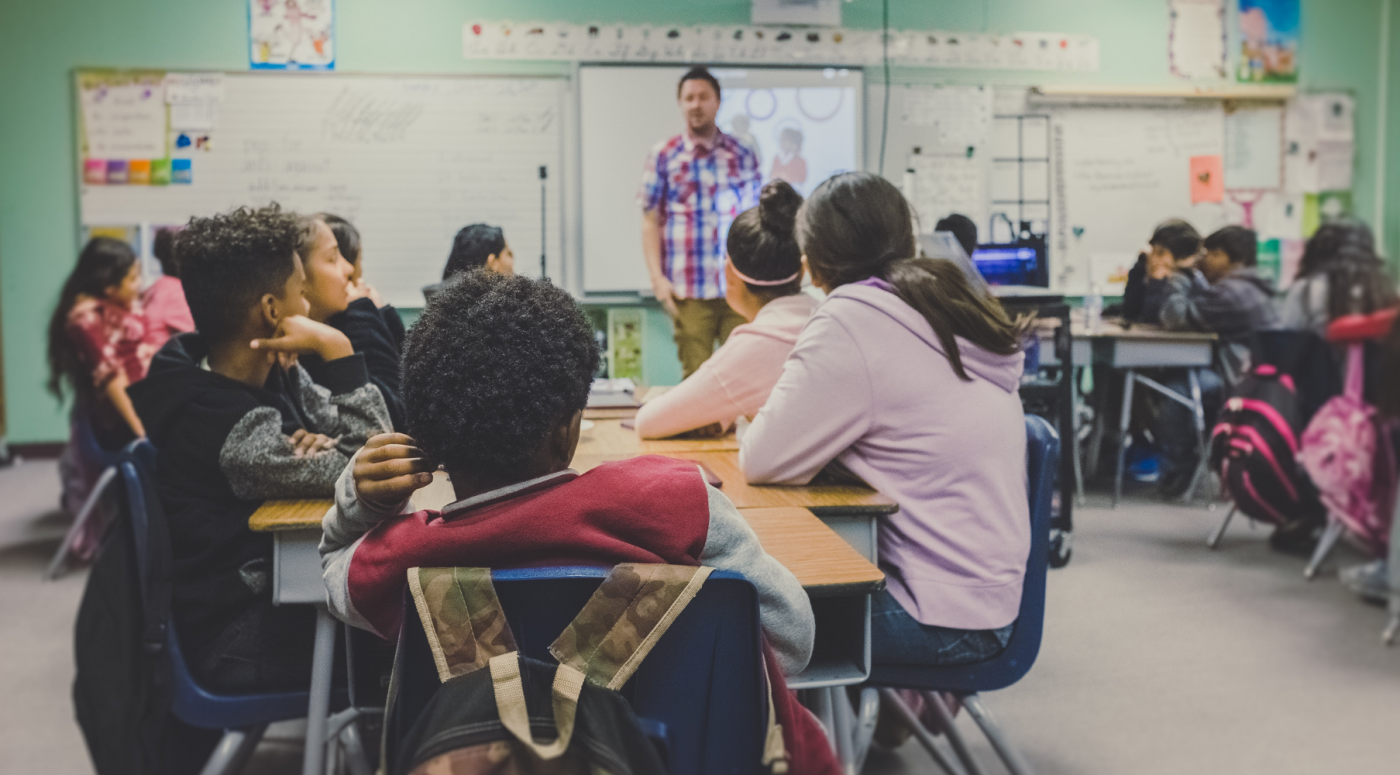
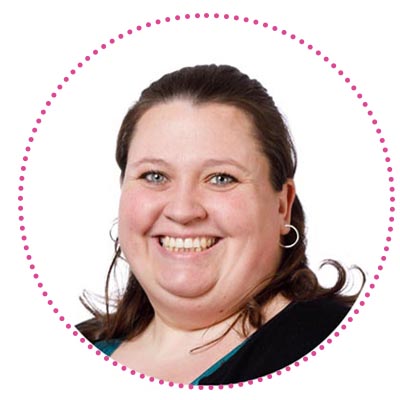 Lucie Welch – Adviser, Services For Education
Lucie Welch – Adviser, Services For Education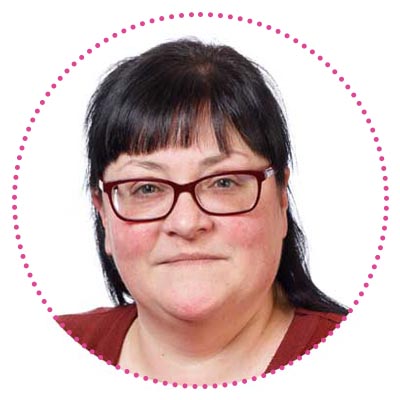 Jo Perrin - Adviser, Services For Education
Jo Perrin - Adviser, Services For Education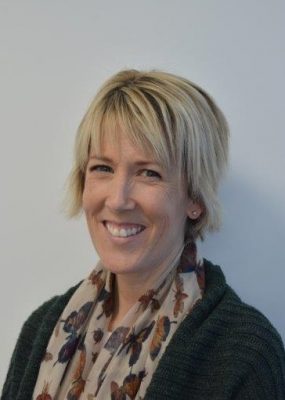
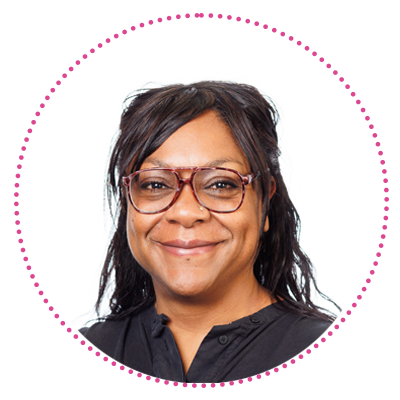 Marsha
Marsha 


